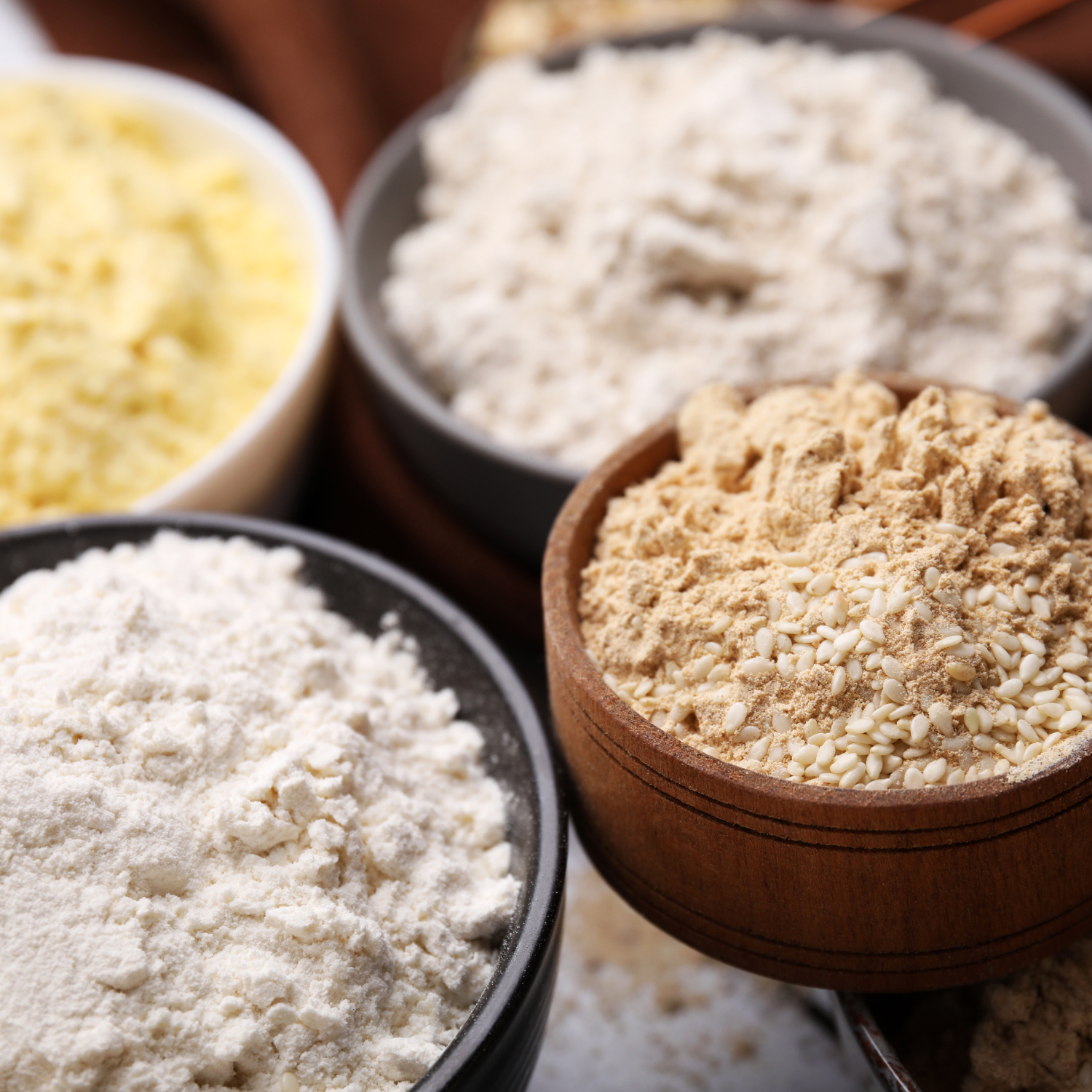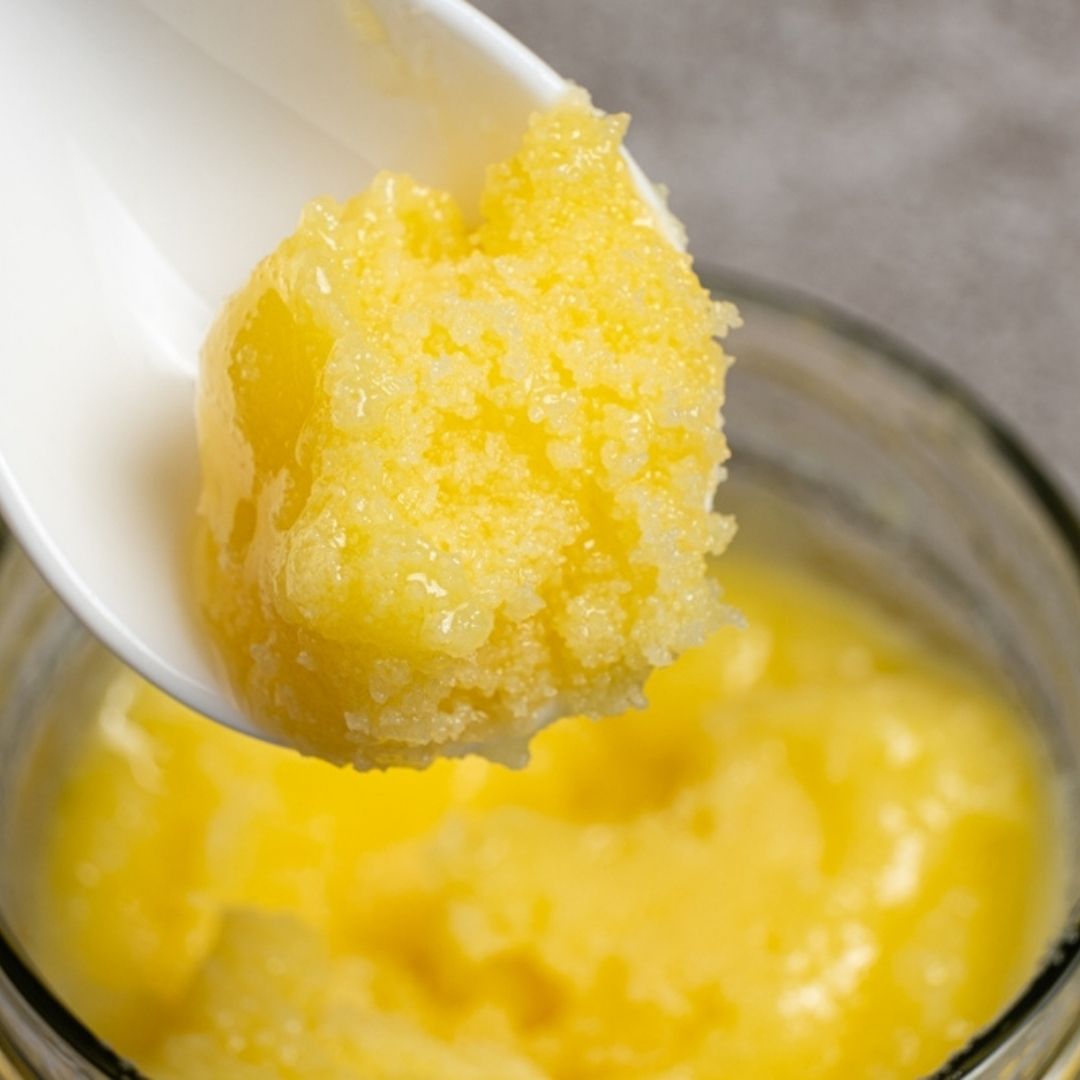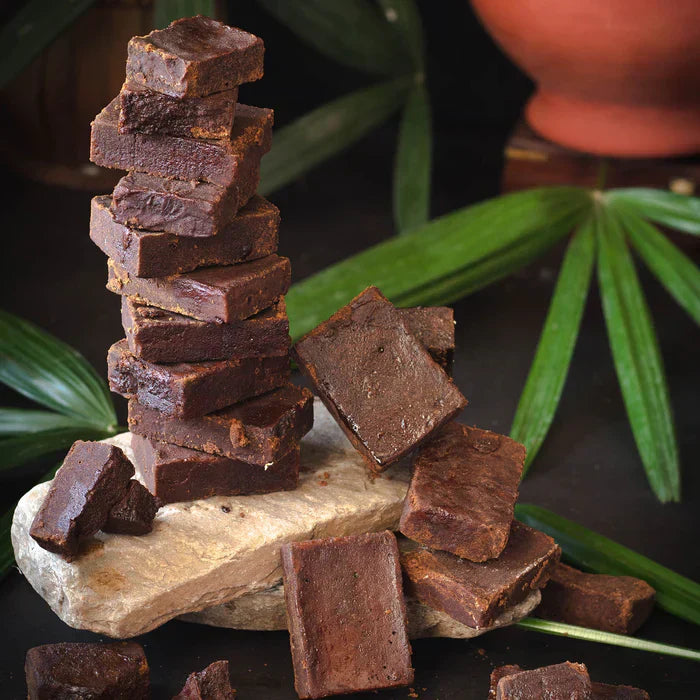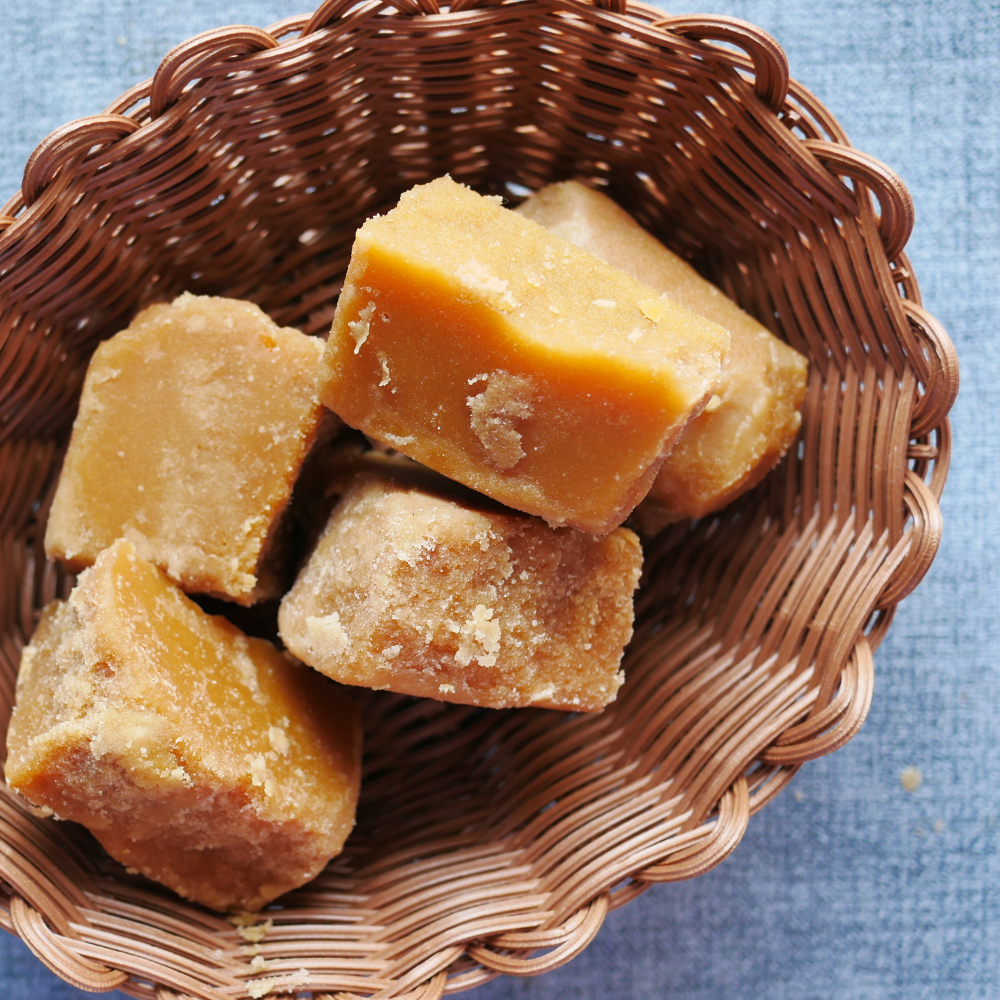Sweeteners are an essential part of our diets since they improve the flavor of a large variety of meals and drinks. The most often used natural sweeteners are maple syrup, honey, and sugar. Everyone has a different background, makeup, and effect on health. This article examines the subtle differences between honey, sugar, and maple syrup and provides a thorough comparison to assist you in making decisions regarding their use.

Honey: The Golden Nectar of Nature

Sources and Manufacturing
One of the oldest sweeteners known to man is honey. Bees collect nectar from flowers and convert it into simple sugars that are then kept in the honeycomb to produce honey. Evaporation is a step in the process that concentrates nectar into honey.
Nutritional Profile
Honey is more than just sugar; it also has antioxidants, vitamins, minerals, and enzymes. A tablespoon of honey (21 grams), yields roughly:
-
64 calories
-
17 grams of sugar
-
Trace amounts of minerals and vitamins
Health Advantages
Honey has a number of health advantages:
-
Antibacterial Properties: Honey has the ability to stop the formation of hazardous germs.
-
Antioxidant Capacity: Flavonoids and phenolic acids, two antioxidants found in high-quality honey, can lessen oxidative stress.
-
Cough Suppressant: When it comes to treating coughs, honey may work better than other over-the-counter drugs.
Points to Take Into Account When Consuming
Honey is still a type of sugar and should be used sparingly despite its many health benefits. Overindulgence raises the risk of dental cavities, other metabolic problems, and weight gain.
Sugar: The All-Pervasive Sweetener
Categories and Origins
Sugarcane or sugar beets are the primary sources of sugar, also referred to as sucrose or table sugar. This disaccharide is composed of fructose and glucose. The processing and molasses content of the various varieties of sugar—raw sugar, brown sugar, and white sugar—vary slightly.
Nutritional Profile
A tablespoon (12.5 grams) of granulated sugar has:
-
49 calories.
-
12.6 grams of sugar
-
No significant minerals or vitamins
Health Consequences
Consuming too much sugar is associated with a number of health problems:
-
Obesity and Metabolic Syndrome: Consuming a lot of sugar can cause insulin resistance and weight gain.
-
Dental Health: Sugar feeds harmful germs in the mouth, which leads to tooth decay.
-
Heart Disease: Consuming excessive amounts of sugar raises the chance of developing cardiovascular illnesses.

Suggestions for Use
The American Heart Association advises limiting added sugars to:
-
36 grams (9 teaspoons) per day for men
-
25 grams (6 tablespoons) per day for women
Cutting back on sugar can help control weight and enhance general health.
Sweet Sap: Maple Syrup
Sources and Manufacturing
The sap from sugar maple trees is used to make maple syrup. The sap is collected by tapping the trees, and the sap is boiled to concentrate the sugars. Some of the advantageous nutrients found in the sap are preserved by using this natural method.
Nutritional Profile
A tablespoon (20 grams) of maple syrup has
-
52 calories
-
13.4 grams of sugar
-
Trace levels of calcium, zinc, and manganese
Health Advantages
Maple syrup has a number of health benefits:
-
Antioxidants: Packed with anti-inflammatory chemicals like phenolic compounds, which are antioxidants.
-
Mineral Content: Offers vital minerals that promote immunological and bone health.
Utilization and Moderation
Despite its benefits, maple syrup still contains a lot of sugar, so use it sparingly. Similar to other sweeteners, overindulgence in sweets can result in negative health outcomes like weight gain and a higher chance of metabolic disorders.
Comparison Study: Honey, Sugar, and Maple Syrup
Impact of Glycemic Index and Blood Sugar
-
Honey: Has a 58 Glycemic Index (GI); moderately raises blood sugar levels.
-
Sugar: GI of 65; causes blood sugar levels to increase sharply.
-
Maple syrup: GI of 54; raises blood sugar levels somewhat.
For steady blood sugar levels, lower GI sweets like honey and maple syrup are preferred.
Caloric Content
Although the amount of calories in each tablespoon is comparable, honey contains slightly more calories than both sugar and maple syrup. But since honey has a stronger sweetness, you might need to use less of it to have the same sweetness.
Nutritional Benefits
Beyond just being delicious, honey and maple syrup are also rich in vital minerals and antioxidants, which are not found in processed sugar.
Taste and Uses in Cooking
-
Honey: Adding distinct floral overtones to food, honey is versatile and may be used in both raw and cooked forms.
-
Sugar: Sugar dissolves and mixes into recipes readily, making it a common ingredient in baking and cooking.
-
Maple Syrup: This natural sweetener adds a distinct, rich flavor that works well in pancake and waffle dishes.
Useful Advice for Selecting and Using Sweeteners
Examining Labels
Pay close attention to the labels while choosing sweeteners. Seek for goods that have undergone little processing or addition of ingredients. Select raw or unpasteurized honey to optimize its health advantages. When choosing maple syrup, go for pure maple syrup as opposed to maple-flavored syrups, which frequently include artificial tastes and high fructose corn syrup.
Including Sweeteners in a Balanced Diet
-
Moderation: Use sweets sparingly, no matter the kind.
-
Balanced Diet: To maximize sweeteners' positive effects and reduce any potential drawbacks, pair them with foods high in nutrients.
-
Natural Substitutes: To cut back on added sugar intake, think about using natural sweeteners such as fruits. For instance, dates or mashed bananas, naturally sweetened baked foods.
Ideas and Recipes
-
Honey: Excellent as a drizzle over toast and porridge, in tea, yogurt, and salad dressings.
-
Sugar: Perfect for sweetening drinks and using in cake and cookie recipes.
-
Maple syrup: Excellent in marinades and sauces, on pancakes and waffles, and as a glaze for roasted vegetables.
Conclusion
Weighing the benefits to health as well as gastronomic requirements is necessary when choosing a sweetener. Maple syrup, sugar, and honey each have special qualities and advantages. You can make decisions that are in line with your taste preferences and health objectives by being aware of their distinctions. Always remember that moderation is vital. Choosing natural sweeteners with little processing can help you eat a healthier diet.
Savor the natural sweetness of honey and maple syrup, and make sensible use of sugar to fully enjoy the benefits of these sweeteners. You can take pleasure in life's sweetness without sacrificing your health by doing this.







